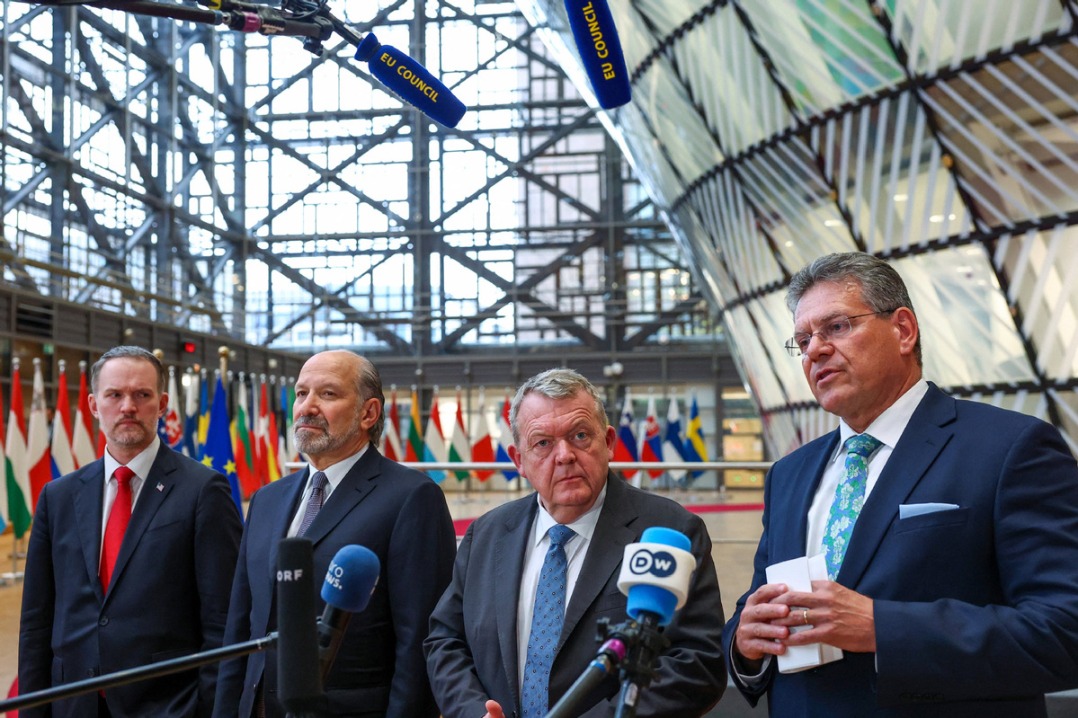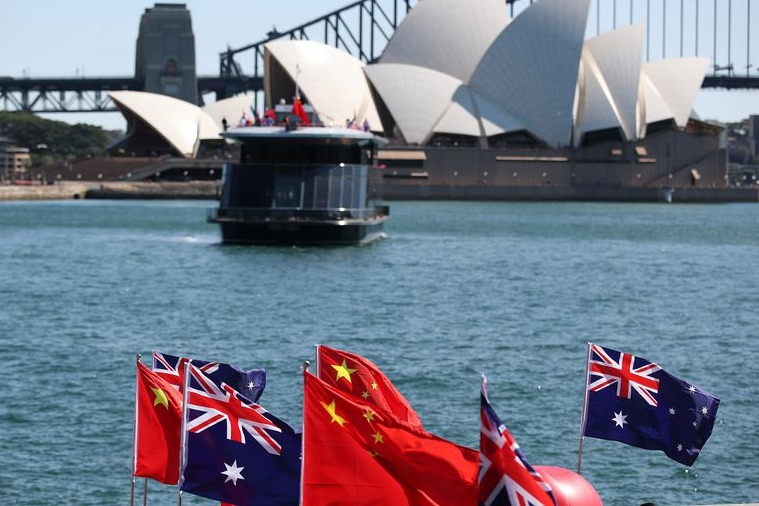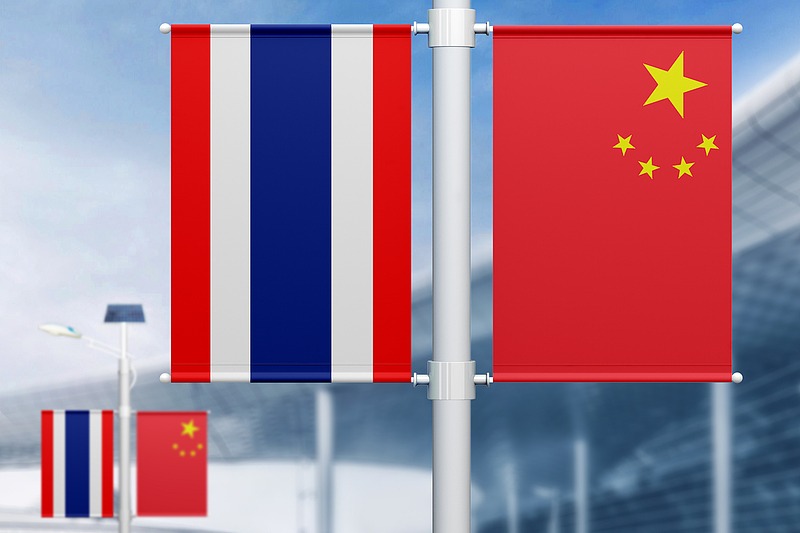Call made for ASEAN Plus Three to up their game
Countries need to enhance cooperation to promote financial stability, resilience, Hong Kong forum hears

ASEAN Plus Three countries should enhance their cooperation and integration to manage the dual challenges of safeguarding financial stability and strengthening resilience, a forum in Hong Kong heard on Tuesday.
"Resilience in the ASEAN Plus Three cannot be achieved through isolation," said Yasuto Watanabe, director and CEO of the ASEAN+3 Macroeconomic Research Office (AMRO).
"It is built through adaptability, diversification and the capacity to absorb shocks without losing cohesion."
ASEAN Plus Three countries comprise the members states of the Association of Southeast Asian Nations, China, Japan and South Korea.
To achieve resilience, ASEAN Plus Three countries must continue to deepen regional financial cooperation and accelerate investment in digital and payment infrastructure, Watanabe said in his opening remarks at the fourth ASEAN Plus Three Economic Cooperation and Financial Stability Forum held in the Special Administrative Region.
The forum, which was also streamed online, was organized by AMRO, together with the Hong Kong Monetary Authority (HKMA) and the Bank for International Settlements (BIS). It brought together policymakers, regulators, international organizations and leading economists from across the region to discuss the theme of "Fragmentation to resilience: macro-financial stability and regional integration in ASEAN Plus Three".
It was held ahead of the ASEAN Plus Three Finance and Central Bank Deputies' Meeting, which begins on Wednesday in Hong Kong.
Noting that the ASEAN Plus Three region contributes over 40 percent of global GDP growth, Watanabe said the choices made by the region on integration, cooperation and the future architecture of the financial system will influence not only the regional trajectory but the stability and resilience of the global system.
Eddie Yue Wai-man, HKMA's chief executive, said ASEAN Plus Three members have demonstrated a remarkable capacity to withstand shocks and remain resilient despite the recent impact of US tariffs.
"Importantly, progress in domestic reform and policy development is complemented by achievements in regional collaboration and integration," said Yue.
He cited the ASEAN Plus Three Asian Bond Markets Initiative for developing the local currency debt market as an example of a program that makes the region less vulnerable to external spillovers.
Yue also called for deepening regional cooperation, such as enhancing economic integration, expanding the use of local currencies and strengthening regional financial safety nets.
Zhang Tao, BIS' chief representative for Asia and the Pacific, said rapid digitalization is transforming the way financial markets function.
"These innovations offer enormous potential benefit, but they also require careful attention to governance, to operational resilience and to financial stability," said Zhang.
Zhang said close cooperation among central banks and between the public and private sectors, both within the region and beyond, is essential for navigating economic risks.
The forum included two panel sessions, which discussed macroeconomic risks and regional integration amid global fragmentation, and the implications of a changing global financial landscape for monetary and financial stability.
Noting that China has been putting emphasis on high-quality development and the opening-up of high-quality services, Johanna Chua, managing director, head of emerging market economics and chief Asia economist at Citigroup, said she hopes to see more mutually beneficial cooperation following China's investment in ASEAN, which could potentially bring technology transfers.
"I am hoping that it would be more of a win-win [scenario] if there is this migration and natural shift in the development model that will allow manufacturing-led development to … be more promising for some of the lower-income countries in this region," said Chua.
Marzunisham Omar, deputy governor of Bank Negara Malaysia, said he noticed that investments from Chinese companies in ASEAN are gradually focusing more on high-value production and technology, which he believes is positive for the region.
Marzunisham also noted that the shared focus on increasing domestic demand will also contribute to intraregional trade among ASEAN Plus Three countries.
Tang Heiwai, director of the Asia Global Institute at the University of Hong Kong, said the "China plus N" strategy has offered new opportunities for smaller states and companies to industrialize and enjoy export-led growth.































